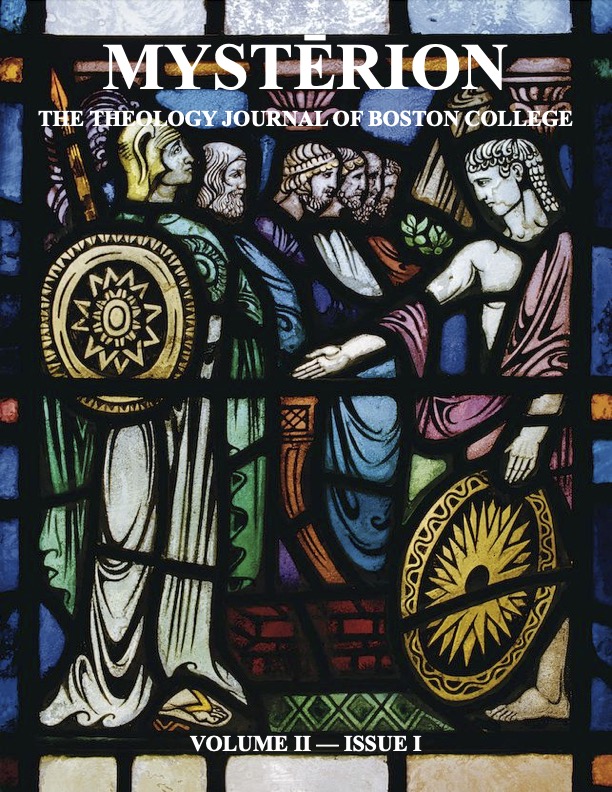Anawim Economics
A Migrant-Centered Hermeneutic
Keywords:
Anawim, Imago Dei, Catholic Social Teaching, Migrant Economy, 3D JobsAbstract
Looking particularly at migrants moving from Central America’s Northern Triangle (El Salvador, Guatemala, and Honduras) to the United States, this paper will use Luke’s Gospel and the Biblical concept of the anawim to argue that commonly used Christian anthropological considerations (i.e. imago Dei), are not comprehensive or incisive enough to accurately reflect the situation of migrants. In reality, migrants are not always “choosing” to come to the U.S. at all, but rather merely reacting to both push and pull factors that are largely perpetuated by unjust economic policies. Migrants are not “stealing American jobs,” but are forced into 3D jobs (dirty, dangerous, or difficult) for which they often work extensive hours for little pay, all while under the threat of deportation.
An economic consideration in which the anawim are the center allows for a much more honest and critical look at the state of the Southern border, something that is necessary when working towards integration that is based on hospitality. So long as rhetoric around the economics of migration places the blame on migrants instead of the underlying sinful structures, it will be easy to promote the idea that migrants pose a threat. Economic rhetoric focused on the world’s most poor and vulnerable allows for greater strides towards fulfilling principles of Christian hospitality and achieving true integration. Failures in the migration system are not only a failure of imagination, but rather a failure to bother to love.
Downloads
Published
Issue
Section
License

This work is licensed under a Creative Commons Attribution-NonCommercial 4.0 International License.


